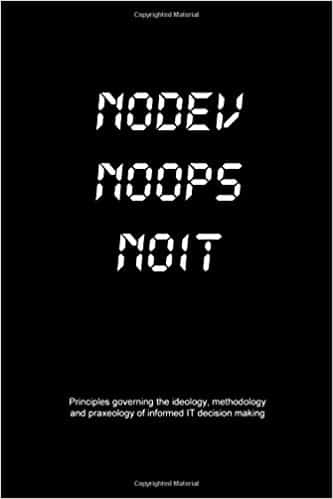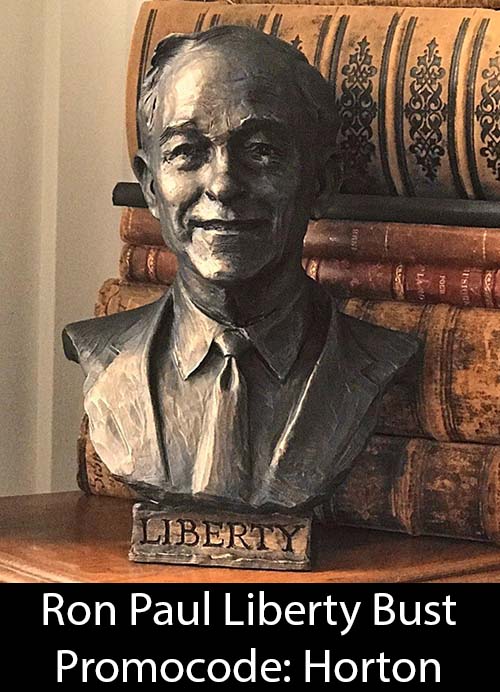I was thinking about this a lot last night, and we all like to bash the government, but perhaps we are missing some perspective here. First of all, we are, whether we want to be or not, at war, and we must face this reality. America’s enemies are determined enemies of freedom itself and, as clumsy or heavy-handed as our government can be, we need to keep in mind how much worse we’d be if conquered by radical fundamentalist extremist Islamist fascists. Bush might not be ideal, but at least we’re not being ruled by Saddam Hussein, without whom the entire world is much better off. Thus we must also be easier on agencies like the Transportation Security Administration and Department of Homeland Security, and be willing to bend such quint laws as the Bill of Rights so as to allow for more rigorous interrogation and surveillance of people who might very well mean to do us harm.
Furthermore, the economic situation has gotten me thinking. Can we really trust an unhampered market to foster financial stability? Clearly, the subprime mortgage mess shows that the answer is no. The Federal Reserve might not be a perfect institution, but we have avoided Depression for six decades and perhaps with some tweaking, the Fed can help forestall a disaster today. It is realistically our only hope. It just needs more tools to keep the economy afloat. The proposals from the Treasury to give it oversight power over financial institutions, insurance companies, hedge funds, banks, mortgage firms and other such bodies is a good starting place. Indeed, it is hard to imagine the market functioning at all without the basic infrastructure provided by government.
Furthermore, government can be a great force for social progress. Where would we be without government restrictions on guns, drugs, religion, family affairs and community standards? Not just local but national leaders must be brought in to help manage society toward a more moral, more equal, more patriotic future.
Perhaps the problem isn’t so much big government, but poorly run government. Indeed, maybe we actually need more government to help even out some of the crinkles in the private sector. What if health care were free here, like it is in much the world? And what are we to do about anthropogenic climate change? Surely, getting government off our backs will do nothing to stop the relentless warming of the earth. Many Americans have far too much money anyway; surely, a slight increase on their taxes could be directed toward cleaning up the planet.
And it really is unfair, now that I think about it, that some people have more money than other people, anyway. We are all humans. Yes, we have different abilities, and different needs, and for this very reason, perhaps, we need some sort of government of the workers to help distribute goods from those who are able to provide to those most in need. (If this were achieved completely, I might then humor the idea of getting rid of the state. But first thing’s first.)
Of course, the US government is uniquely suited to this task, and all tasks, which is why I’ve begun favoring its expansion so as to provide the fruits of liberty and prosperity to all people everywhere. Ours is an international struggle, but perhaps it must all be directed by American leadership, considering our nation’s long and proud history of spreading freedom and fairness throughout the globe.
However, this cannot be done so long as we let our narrow, individualist impulses determine the direction of our great society. Individual autonomy has led to a breakdown of the family. Yes, it might have accelerated in the hedonistic 20th century, but I think the problem goes back further to voluntary marriage. Why should people get to choose something as important as who their mate will be without some national consensus, some guarantee that their decision is best not just for themselves, but for all of society?
Speaking of which, society is not going to function much longer if we maintain our reliance on unhampered labor markets. Unions should be made mandatory for all economic sectors, but that’s only the beginning. With the inability of economic actors to act rationally in a consistent manner, we need government to step in and improve the labor market with meaningful incentives. However, the pro-market crowd has a point about the efficiency of business and private enterprise. The best of both worlds, then, would be a conscripted civil labor force, all put under the control of local, market players. I’m thinking this will also cut bureaucratic costs: If American workers fail to meet a quota, their overseers in the private sector will simply steer them back on course by incentivizing good behavior. I think the threat of a lashing will keep America’s workers from going idle. (Some will compare this to chattel slavery, but indeed it will be fundamentally different: although the federal government protected that peculiar institution, it did not have the proper regulatory bodies to adequately ensure fairness and dynamic competition. The idea that privatized conscription is similar to slavery is as absurd as the idea that privatized welfare is similar to private looting.)
Each economic sector, for that matter, should be regulated by a new system of guilds. An economy of free and open competition requires a baseline of rules and standards. Not everyone should be trusted to go into business doing something, without the experts in that field agreeing he’s ready.
I think another area where America has gone astray is the unregulated freedom of people to leave their property to the heirs of their choice. We should bring back primogeniture, and, while we’re at it, reconsider entail as well.
As for religion, either the state should mandate one faith for all Americans (and all foreigners fortunate enough to be liberated by US forces) or it should simply outlaw it altogether. Either way, we’d at least have national solidarity and religious conflict would be a thing of the past.
These modest reforms I propose would surely be difficult to enact in the current political climate. Perhaps, then, we must begin a campaign of thought correction among dissenters. All publications must be approved by central administrators. Thinking is not something to be trusted to the masses, anyway.
Oh, and I’m also for vouchers now.














